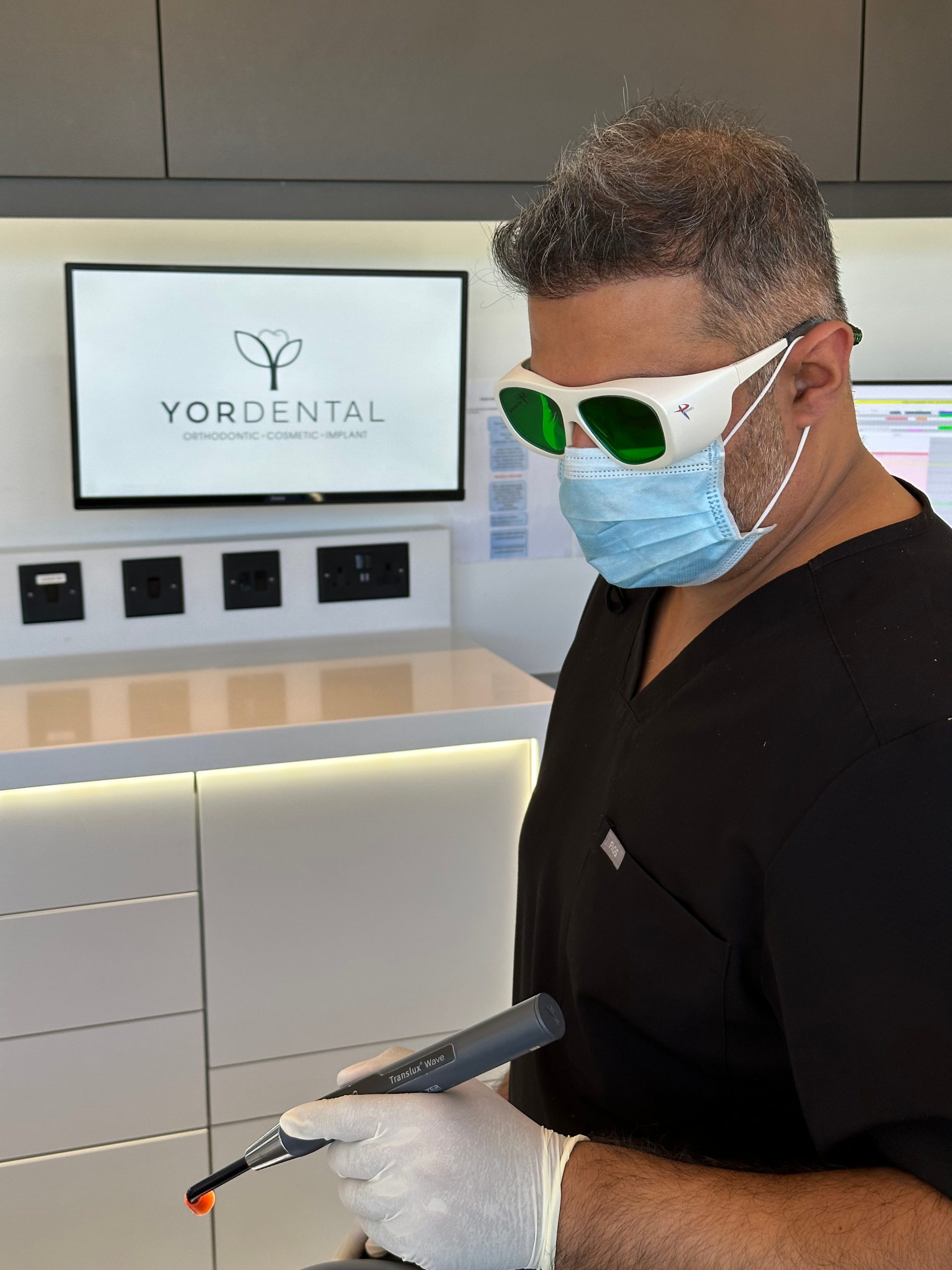With Mouth Cancer Action Month kicking off this month, the awareness campaign serves as a timely reminder to our patients of the risks, signs and symptoms of oral disease.
As dental professionals, we are well aware of the alarming statistics, which is why regular oral disease screening is now as much a part of our remit as a routine dental exam.
Oral cancer is one of the most frequent cancers globally – but its late stage detection is a concern.
Dental check-ups inevitably allow early detection of oral disease. But the pandemic brought with it barriers to regular attendance for some patients – in particular within the NHS.
According to a report published by NHS Digital, the number of adults seen by NHS dentists within recommended timeframes decreased by 9.5% in 2021-22 against the previous year.

Early detection is key
In private dentistry, too, there has been a backlog of appointments – and patients who have yet to attend since the pandemic began may have symptoms still undetected.
The Oral Health Foundation’s State of Mouth Caner UK report 2020/21 revealed that the number of new oral cancer cases in the UK reached 8,337 in 2020/2021, with 2,702 people losing their life to oral cancer in 2020.
This has increased by 58% in the last decade and by 97% compared with 20 years’ ago.
Early detection is therefore key.
Hitesh Panchal is a cosmetic dentist and clinical director at YOR Dental at MediacityUK, an award-winning dental practice in Salford Keys, Manchester.
His Instagram account describes him as a ‘creator of beautiful smiles using the latest techniques’, but his investment in patients goes beyond the aesthetics of a smile.
Invested heavily
Hitesh is a great believer in oral health first and every patient examination includes vital oral cancer screening.
‘Oral health has to come first before doing anything else in someone’s mouth. It is the fundamental premises that allows us to go on and create beautiful smiles.
‘And part of this is oral cancer screening, especially in those high-risk groups, such as smokers and tobacco users and high alcohol consumers,’ he says. ‘Early detection is absolutely vital. If detected early, in 90% of cases they can be fully cured.
Even the practice website raises awareness of the importance of a regular visit to see a dentist, encouraging patients ‘to attend a healthy mouth review twice a year.’
‘This allows us to assess your teeth, conduct an oral cancer screening and identify any issues early so that we can treat it quickly and prevent significant damage’.
And they have invested heavily in this commitment, too. Both the routine and new patient examination includes an oral cancer screening – initially with a visual assessment and soft tissue check and then again using Goccles, eyewear that highlights any suspicious areas.
Easy identification
Designed, manufactured and patented in Italy, Goccles consists of glasses with a special optical filter that’s used in combination with a curing light to run a simple, non-invasive and painless test of the oral cavity.
It offers dental patients that vital early screening of oral cancer and other precancerous lesions, so they can be treated as soon as possible.
‘Goccles is a clever piece of technology,’ Hitesh says. ‘Developed relatively recently, it will highlight any area considered pre-cancerous. Without the Goccles, it is very hard to see with the naked eye. The procedure is very quick, it’s painless and takes less than a minute to do.’
For patients at YOR Dental, it has become very much part of the clinic’s care and is conducted at every routine examination. Patients are reassured of the routine check and talked through it step-by-step.
Hitesh says: ‘As dentists, I believe we need to do as much as possible to assist in identifying this disease in its earliest stages, so having equipment such as the Goccles is a real asset.
‘Since using the Goccles, thankfully I have only had to refer one patient to the hospital for a suspect lesion. Fortunately, it was a lesion which just needed a minor intervention.
‘Unfortunately due to the period of closure during the pandemic, hundreds of patients were unable to come in and have their regular screening carried out but they were reassured when we could return to regular appointments and their regular screenings were resumed.’
Increased survival rates
For Hitesh, making patients aware of what he is doing during these screenings is important.
‘Education and awareness are the key, highlighting what we are doing also encourages the patient to be aware of what they should be looking out for at home. Goccles is a great handy piece of kit. It can help clinicians differentiate when to refer or when to observe a lesion and also lay the foundations for self-care as well.’
Oral cancer screening is now an integral part of the dental examination. Any technology that aids in this clinical assessment will always be welcomed by the profession.
And, if it means that dentists and their teams can detect oral cancers early on – and patients are quickly be referred and treated – survival rates in the future should hopefully increase.
For more information visit www.dentalsky.com.


